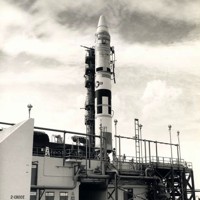At last week’s Moscow Nonproliferation Conference, organized by the Center for Energy and Security Studies, some 200 people, including a number of prominent Russian and Western experts, gathered to discuss a wide range of nonproliferation issues. Given the statements of the Russian speakers at the conference, Moscow is laying down some tough, albeit often understandable, conditions for making further progress in nuclear arms control.
Sergey Ryabkov, the Russian deputy foreign minister who keynoted the conference, stressed the importance of strengthening the Nuclear Nonproliferation Treaty (NPT). Ryabkov insisted that what he called the treaty’s three core principles -- nuclear nonproliferation, disarmament and the peaceful use of nuclear energy -- still represented the optimal balance of interests and means for resolving all current nonproliferation issues.
In the area of nonproliferation, Ryabkov saw value in expanding the geographic scope of regional nuclear weapons-free zones pending the entry into force of the Comprehensive Test Ban Treaty (CTBT). The problem is that the CTBT has become a politicized issue in Washington, meaning that Senate ratification will not soon occur. Meanwhile, the United States, along with Britain and France, has serious objections to some of the already declared nuclear weapons-free zones, such as the one in Central Asia.

